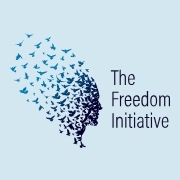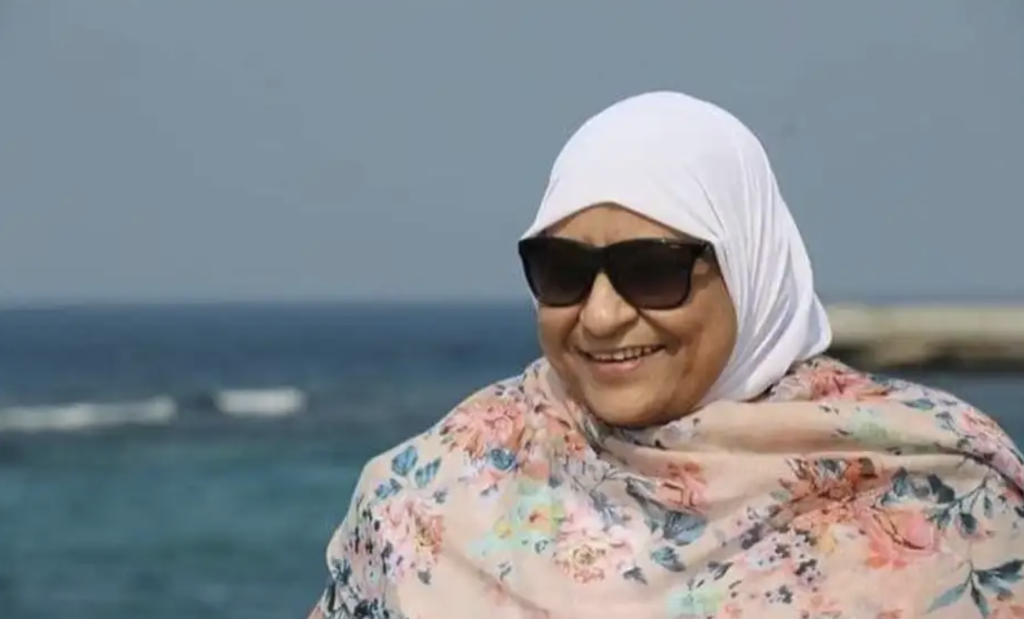December 12, 2022
BANJUL—The African Commission on Human and Peoples’ Rights must examine human rights abuses carried out against activist and former political prisoner Ramy Shaath and his wife Céline Lebrun-Shaath, according to four human rights groups including the Open Society Justice Initiative, the Freedom Initiative, the Tahrir Institute for Middle East Policy, and the Cairo Institute for Human Rights Studies. They filed a complaint today before the Commission, seeking a finding that detaining Shaath without trial for two and a half years and making his release conditional on the forced renunciation of his citizenship violated the African Charter on Human and Peoples’ Rights.
Among other demands for redress, the complaint asks that the Commission call on Egypt to reinstate Shaath’s nationality immediately, remove him from the terrorist entities list, and close the case under which Ramy and other activists and human rights defenders were wrongfully detained, called the “Hope Plan” case. It also asks that the Commission request that Egypt amend domestic laws, including its sweeping anti-terrorism law, to bring them in line with the government’s obligations under the African Charter and international human rights law. The Commission is a regional rights body that receives complaints from all 55 African Union member states and often serves as a final recourse for victims against abusive governments.
“Instead of protecting truth and justice, the Egyptian judicial system has become a tool of oppression, subject to the desires and whims of the security apparatus. Faced with the denial of my rights in my own country, my wife Céline and I hope that the African Commission will be able to restore my rights as an African citizen and condemn Egypt’s systematic and continuous violations against those peacefully expressing dissent,” said Ramy Shaath. “Violations of my rights, and the rights of tens of thousands of Egyptians who were subject to the same grave violations that I was, will not continue in the darkness, so long as there are Egyptian citizens defending human rights and freedom. World leaders must support our fight to live in dignity in our homeland and our calls for Egypt to return to democracy and freedom.”
The Egyptian government started to target Shaath in 1990 due to his political activism and arrested him in 2019. As a condition of his release on January 6, 2022, Shaath was forced to renounce his Egyptian citizenship. Shaath was a member of several secular political groups in Egypt and a co-founder of Egypt’s pro-Palestinian BDS movement. He was never formally charged and was detained without due process or a fair trial.
Shaath describes having been handcuffed and blindfolded to a wall for three days, living in cramped cells with dozens of other detainees, being deprived of medical care, including when he contracted scabies, and being held in pest-infested quarters—conditions that he has described as more favorable than those endured by other prisoners, some of whom were tortured. In 2020, the UN Working Group on Arbitrary Detention found that Shaath’s detention in Tora Prison constituted arbitrary detention in retaliation for his political activism. Shaath’s wife, Céline Lebrun-Shaath, a French citizen who had been legally residing in Egypt for more than seven years, was also forcibly deported by Egyptian officials at the time of Shaath’s arrest and denied access to French consular support.
“This filing brings into sharp focus the cost of peaceful expression and assembly in today’s Egypt. Not only was Ramy arbitrarily deprived of his liberty, but he was forced to renounce his citizenship as part of a release that should have been unconditional,” said Natasha Arnpriester, a lawyer at the Open Society Justice Initiative. “These tactics are part of a systemic, government-led effort to suppress dissent through arbitrary detention and imprisonment.” Rights groups estimate that Egypt now holds some 60,000 political prisoners, who often face torture and cruel and inhuman conditions in detention. Egyptian rights groups estimate that hundreds of people have died in custody since the authoritarian President Abdel Fattah el-Sisi took power following the 2013 military coup, owing to treatment that amounts to deadly negligence, including denial of live-saving medical treatment.
For more information or to set up an interview with Ramy Shaath, contact kristen@thefreedomi.org.


